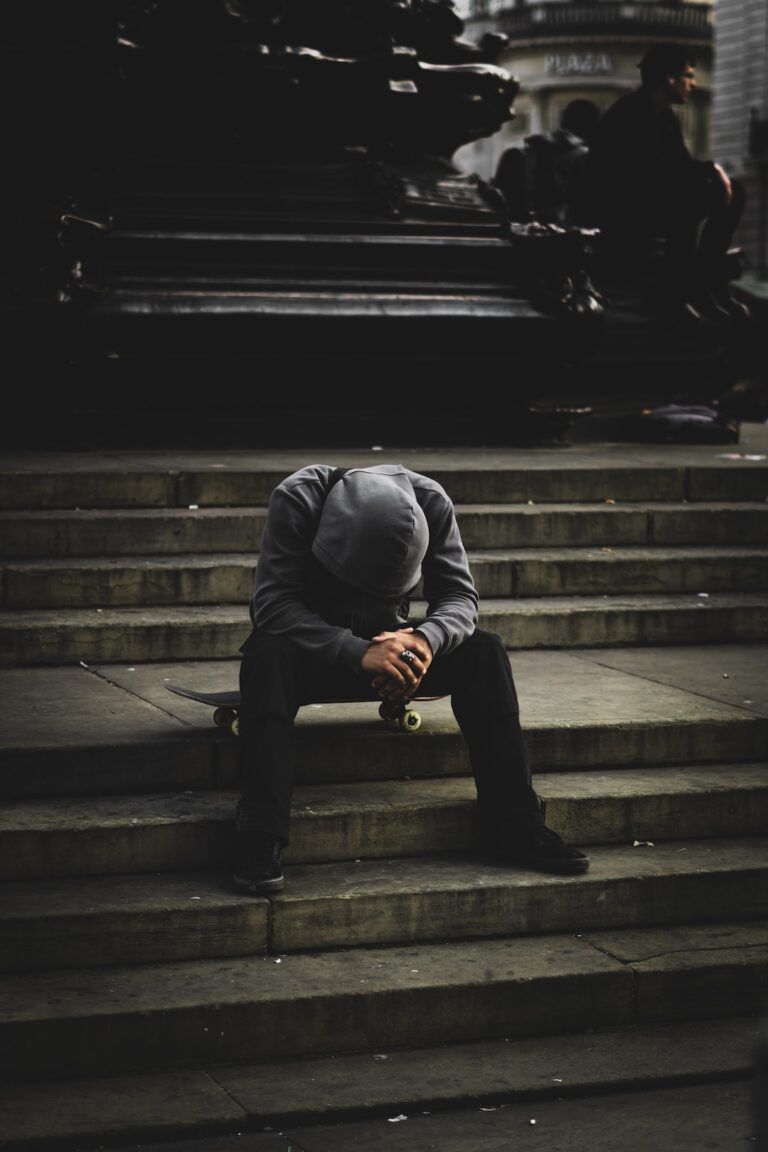
After isolation, anxiety can make it difficult to return to normal social life. Anxiety and Depression Associates of America (ADA) found that anxiety is America’s most common mental disorder, with around 40 million people experiencing it.
“The sudden shift from a very active social life to doing nothing socially can affect a person’s Mental health. It can be liberating to start to fill the social calendar that has been empty for a year. However, it can also cause anxiety. “Extroverts might feel more introverted than normal and find it difficult to socialize with others. says Jane Abelovska.
Let’s now take a look at a few. Here are some tips to help you ease anxiety You will feel better and be able to socialize again after this emotionally draining experience.
1. Don’t suddenly feel overwhelmed
Psychiatrist Dr. Allie R. Shapiro says people suffering from social anxiety are called “social anxious”. Should enter the social world slowly “Once the quarantine ends, any automatically avoided situations will end and the person will be able to return to situations that they deeply fear.” Shapiro says that this is not something anyone should do all at once.
First, meet with people from the circle that you feel most close to. This ring is yours. comfort zone You can’t be everything you pretend to be. Trust them and be open with them
If you are feeling ready, you can meet the people you love spending time with. However, if you feel nervous or need warmth around them, it is possible to make new friends. You can also expand your circle by including people and situations that make it difficult to feel anxious.
You can set a goal and talk to another person via phone or video if you don’t feel up to meeting face-to-face. Every day.
2. Visualize the situation
Shapiro suggests role-playing any anxieties or worries you have in order to prepare for social events. This can be done by either writing them down or playing them in your head.
Mentally plan your date. Imagine what you can see in your head and tell your friend. It might seem awkward at first, especially when we cannot hug or touch our friend. But, it will get easier over time. You’ll become more comfortable with new ways over time Of greeting.
3. Be afraid
Shapiro states that even if your friends and family don’t seem anxious or afraid about normalcy returning, it’s okay to feel anxious and fearful.
“Remember that nobody has ever had to experience anything like this in modern times, so no one knows how to do it right.” Experts may not have all the answers. It’s not possible to know the answer. It is normal to have doubts and uncertainties.” It’s normal to have your doubts and uncertainties.” Shapiro.
Enjoy socializing at your level of comfort. You don’t need to be uncomfortable. There are many things that can affect your ability to re-open to the outside world. You age, health history and quarantine conditions will all play a role in your ability to step out.
With them, you can express your fear and panic about social plans. People who are close to you to. Although it may seem embarrassing at first to openly discuss your feelings, once you have gone through all the time and fatigue of being alone, there is no reason to feel ashamed. We are certain at least one friend is going through the same thing you are. You will feel much better after talking to him.
4. Prioritize your self-care
Learning about taking care of your health and learning how to do it. Breathing exercisesYou can also develop self-reflective strategies such as therapy, keeping a journal, or talking to your family and friends about your concerns. All methods can be used to manage anxiety.
Dr. Emily Anhalt, a psychiatrist believes that people who are able to work on their mental health effectively will be happier. Mental health You will be able to cope with unfamiliar situations better “It’s almost like doing emotional pushups. We know that when things get difficult in life, there is an inner strength that will keep us safe and we can always return to that essence.
While you may not be ready for every situation, you can prepare. Mind and body These are the challenges we must overcome.
5. Seek professional assistance
You may need to see a healthcare professional if you have tried everything to adapt to your normal socialization patterns, but panic is still a problem.